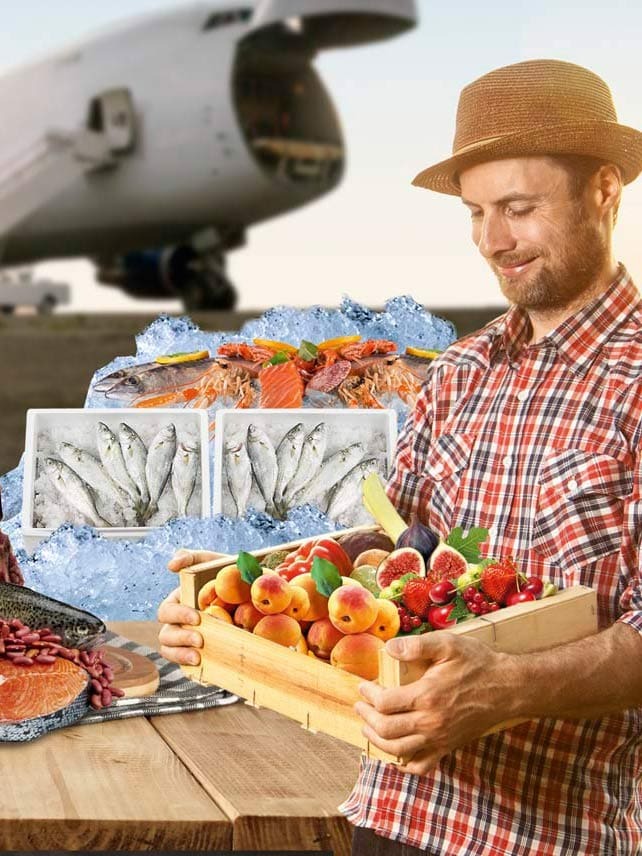
Houger International specializes in providing sophisticated, end-to-end cold chain logistics solutions designed to protect the integrity and maximize the value of your perishable goods. We leverage our extensive global network, strong partnerships with premier air and sea carriers, and a fleet of state-of-the-art refrigerated equipment to manage your entire temperature-controlled supply chain. Our dedicated team provides meticulous planning, from pre-cooling consultation and specialized packing to seamless multi-modal transport and final-mile refrigerated delivery. With Houger’s advanced real-time monitoring technology, you gain complete visibility and control over your shipment’s environment from origin to destination. We combine our operational excellence with in-depth knowledge of international food safety and customs regulations to ensure your fresh products arrive on time, in perfect condition, and fully compliant. Trust Houger International to be the steadfast partner committed to preserving the freshness and quality that defines your brand.

In the global marketplace for fresh goods, the greatest challenge is a relentless race against time and temperature. For every degree of deviation or hour of delay, the value and quality of perishable products diminish. This is where Cold Chain Logistics emerges as a highly specialized and indispensable service, ensuring that fresh produce, seafood, flowers, and other sensitive goods travel from farm, field, or sea to the global table with their freshness, safety, and integrity intact. Successfully managing this uninterrupted cold chain—navigating precise temperature controls, rapid transit times, and complex food safety regulations—requires a logistics partner with profound expertise, state-of-the-art technology, and an unwavering focus on precision. Houger International is a proven leader in delivering sophisticated cold chain solutions, safeguarding the value of your perishable cargo at every stage of its journey. This article explores the critical components of perishable fresh logistics, the benefits of specialized service, and how Houger International provides unparalleled reliability in this demanding sector.
Perishable Fresh Logistics, or the Cold Chain, refers to the uninterrupted series of temperature-controlled production, storage, and distribution activities. The goal is to maintain a given product within a specific, low-temperature range from the point of origin to the point of final consumption. Key aspects include:
The fundamental advantage of a robust cold chain is its ability to extend shelf life, reduce waste, and preserve the commercial value and safety of perishable goods.
Partnering with a cold chain specialist like Houger International provides critical advantages for businesses dealing in fresh goods:
A dedicated cold chain logistics service is essential for the transport of numerous temperature-sensitive products, including:
Essentially, any business whose product quality and commercial value are directly tied to freshness and temperature requires the expertise of a specialized perishable logistics partner.
Selecting the right partner to entrust with your valuable fresh cargo is a critical decision. Key qualifications to look for include: